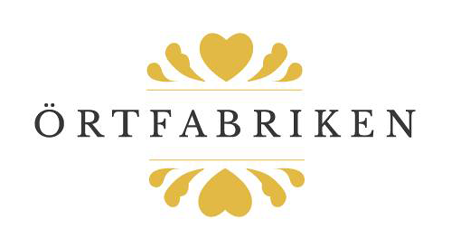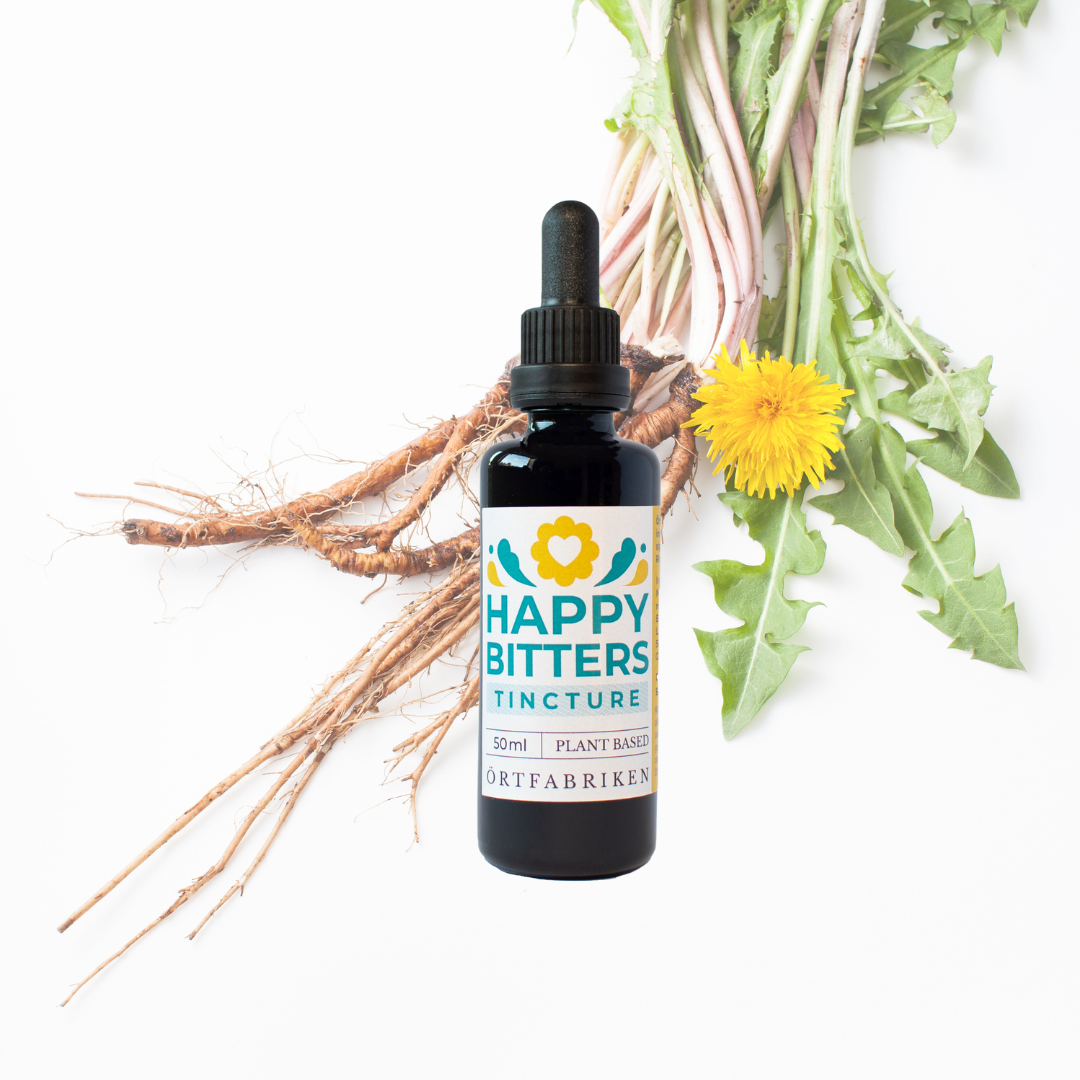The connection between the gut and the immune system | Gut flora
Dela med en vän ♡
Previously, it was believed that the brain was in control of the gut, but now we know that it is a two-way communication . The intestinal system is just as much the boss and sends signals to the brain.
This has been revolutionary knowledge. Lars Engstrand, Karolinska Institutet, says that "many researchers and doctors now consider the microbes on and in the body, the so-called microbiota, as a separate organ that must be taken into account. It is quite clear that microbes contribute to our well-being in a variety of ways. And when the balance is upset, we can get sick" ( Better Diversity than Simplicity, 2017).
Many researchers believe that there is a connection between microbiota disorders and conditions such as asthma, allergies, diabetes, obesity and depression . But they do not yet know what these connections look like and exactly how they work.
If the gut affects the brain and other parts of our body to such a great extent, we should take a closer look at how we support our gut health and whether it is possible to restore the gut flora.
The intestinal flora trains the immune system . Research is also underway in this area to see if changing the diet or directly influencing the intestinal flora can improve our immune system. This is what Eduardo Villablanca, Department of Medicine, says:
"One of the tasks of the intestinal flora is to teach the immune system not to react to the friendly bacteria that are part of the flora and there are now studies that indicate that children born in Scandinavia do not have as much diversity in the intestinal flora as children from, for example, Russia or Estonia. Something that means that the immune system of Scandinavian children does not get as good a workout on different bacteria. Our goal is to understand how we can retrain the immune system either via diet or via the microbiota in some way" (Better diversity than stupidity, 2017) .

Currently, we can state that a bacterial composition with great diversity and species richness is linked to health. The bacteria we have in our intestines is largely influenced by our lifestyle, and diet in particular seems to play a major role in a species-rich intestinal microbiota when consuming a varied and fiber-rich diet ( Bäckhed Lab (livetitarmen.se , 2022). Problems in the intestinal flora arise when one or a couple of bacteria take over and knock out other bacteria. We therefore know that a varied diet is a key to good intestinal health. We need to broaden our horizons beyond the grocery store's vegetable counter and eat significantly more broadly. Bitter flavors are a good way to go. Fermented foods and carbohydrates, such as dietary fiber, are perhaps what affect the intestinal flora the most. Another key is to use antibiotics with great caution; as they knock out the intestinal flora. In other words, it is not just a question of antibiotic resistance.
Another key is to find out what suits your gut flora. DN published an article stating that today's nutritional recommendations are designed for too large a group of people. In the future, we may be able to test our gut health and come up with dietary advice that is tailored specifically for you. These testing options already exist, but in the article they say that it is still difficult to come up with simple dietary advice with sustainable results ( How are you affected by your gut bacteria , 2020), i.e. a happy stomach forever.
------------------------------------
Are you curious to read more about nutrition and herbs that you can add to your everyday life?
Let nature come to you and nourish you - Örtfabriken (ortfabriken.se)
Bitter herbs for a happy tummy | Read Örfabriken's blog – Örtfabriken (ortfabriken.se)
The Herb Factory works with herbs and tinctures. Are you curious about our Happy Bitters , bitter drops that you take internally with meals?

Vi tror du gillar dessa blogginlägg
-

Are you iodine-rich? | Iodine | Thyroid
-
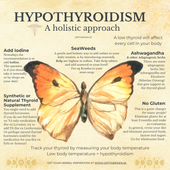
Thyroid | Natural support for hypothyroidism | Underactive thyroid
-

Enzyme Drinks | Probiotic Drinks | Recipes
-
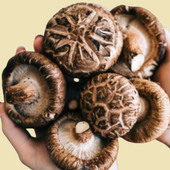
Shiitake | A Nutritious Mushroom | Recipe
-
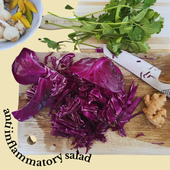
Anti-inflammatory Salad | Recipe
-
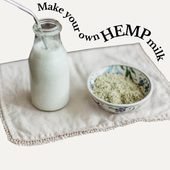
Hemp | Make your own hemp milk | Cow's milk recipe
-
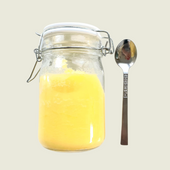
Ghee | Make Ghee Yourself | Recipe
-
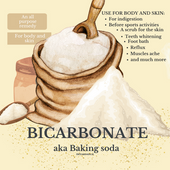
Bicarbonate | Cleaning, body and skin
-
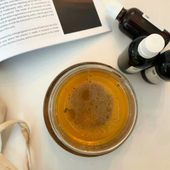
Broth 2.0 | Top with herbs | Cook your own bone broth
